World Cancer Day 2025: United by Unique
Published in Cancer, Sustainability, and Genetics & Genomics
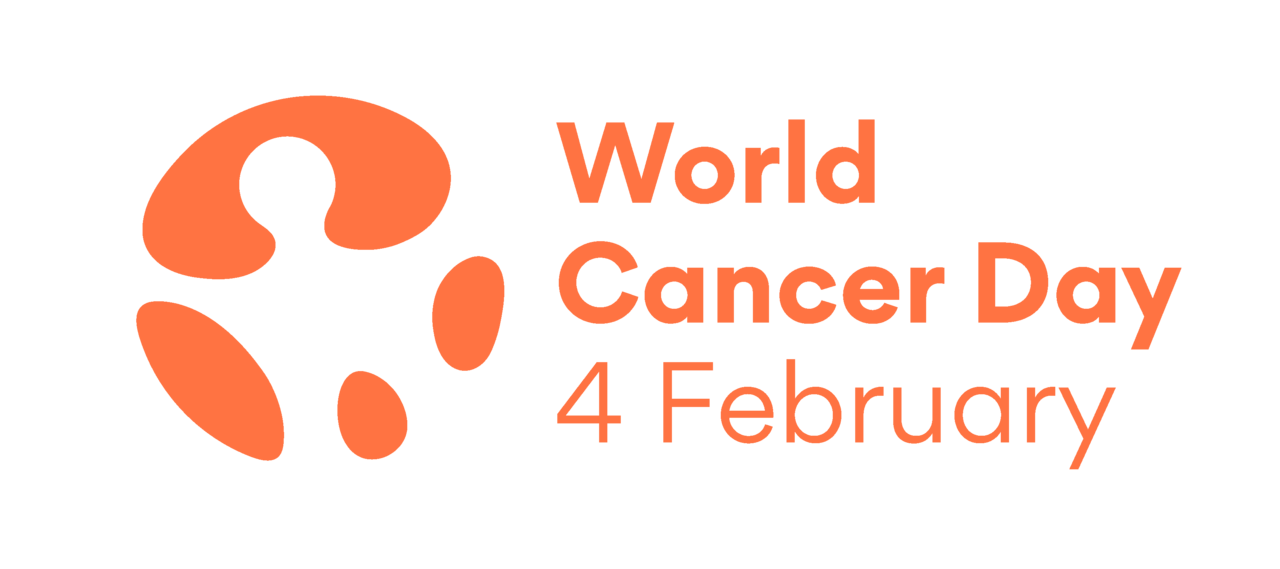
World Cancer Day is observed every 4th February to raise awareness of cancer and mobilise action to address the global cancer epidemic. Since it was established by the Union for International Cancer Control (UICC) in the year 2000, World Cancer Day has aimed to catalyse personal, collective and government action to make life-saving cancer treatment and care available to all. World Cancer Day campaigns run in three-year cycles and the theme for 2025-2027 is “United by Unique”, which places people at the centre of care and reflects the fact that every experience with cancer is unique.
This blog post for World Cancer Day highlights recent Springer Nature journal articles, collections, clinical trial registrations and blog posts chosen by our publishers. All are related to the Sustainable Development Goals, specifically SDG 3: "Ensure healthy lives and promote well-being for all at all ages", and the related key target 3.4: “By 2030, reduce by one third premature mortality from non-communicable diseases.”
Highlights from Springer Nature journals
In collaboration with Dr Liu (Editor-in-Chief of Biological Procedures Online), Dr Kioumarsi (Editorial Board Member of Hereditas and Biological Procedures Online) co-authored an editorial reflecting on World Cancer Day and its connection to the Sustainable Development Goals. A Q&A prepared by India Sapsed-Foster and Dr Kioumarsi accompanies the editorial on Research Communities.
The editor-in-chief and editorial board members of Biology Direct have collaborated on an editorial where they share that World Cancer Day is not just a day of reflection but also a call to action to accelerate innovation, foster global collaboration, and ensure that every patient can benefit from the promise of personalized medicine.
Scientific Reports has published a proof-of-concept study of non-invasive screening of breast cancer from fingertip smears, as well as the results of deep learning and machine learning approaches for the prediction of cancer drug synergy. These have the potential to identify novel therapeutic combinations to reduce resistance to traditional therapeutic options.
Other recent AI research includes a study assessing ChatGPT’s capabilities in providing therapeutic recommendations for head and neck cancers, unsupervised machine learning for categorising distinct phenotypes among pediatric patients undergoing chemotherapy, and a deep-learning method to discriminate cancer types from standard histology images.
A study in Human Genetics has shown that known risk loci for endometrial cancer explain approximately one third of familial endometrial cancer, while another study has found a pan-cancer gene signature to identify patients who could benefit from copper-chelation therapy.
An article in Breast Cancer Research shows that clinically relevant gene signatures provide independent prognostic information in older breast cancer patients.
A population study in the World Journal of Surgical Oncology of cancer risk in kidney transplant patients has found a possible link between immunosuppression and cancer, especially for tumors linked to viral infections.
Studies published in the Journal of the Egyptian National Cancer Institute have found that metabolic syndrome and its components are associated with breast cancer risk, and that intermittent fasting during chemotherapy in breast cancer patients may decrease its toxicity and increase its clinical efficacy.
Results published in Radiation and Environmental Biophysics confirm that residential radon exposure is an important risk factor for lung cancer, highlighting the need for protective measures against radon.
A cohort study in BMC Medicine has found that making multiple, combined healthier lifestyle changes during adulthood was associated with lower cancer mortality and delayed risk of death.
Molecular Cancer has published a comprehensive review of the CRISPR-based gene editing strategies that have been proposed for cancer therapy, including inactivating genes that drive tumor growth, enhancing the immune response to cancer cells, repairing genetic mutations that cause cancer, and delivering cancer-killing molecules directly to tumor cells. There is also a review of the clinical efficacy of FDA-approved antibody‒drug conjugates in human cancers.
A perspective piece in BMC Global and Public Health looked at the challenges in understanding inequities in help-seeking for possible cancer symptoms, while a protocol in Implementation Science Communications describes a trial of personalized reminders for surveillance tests in adult survivors of childhood cancer.
The British Dental Journal has published a review of the current literature on the effects of e-cigarettes/vapes on oral cancer risk and research into whether the COVID-19 pandemic had an effect on oral cancer diagnosis rates. There are also helpful guides for dentists on spotting skin cancer and on the dental management of patients who have had or will undergo radiotherapy.
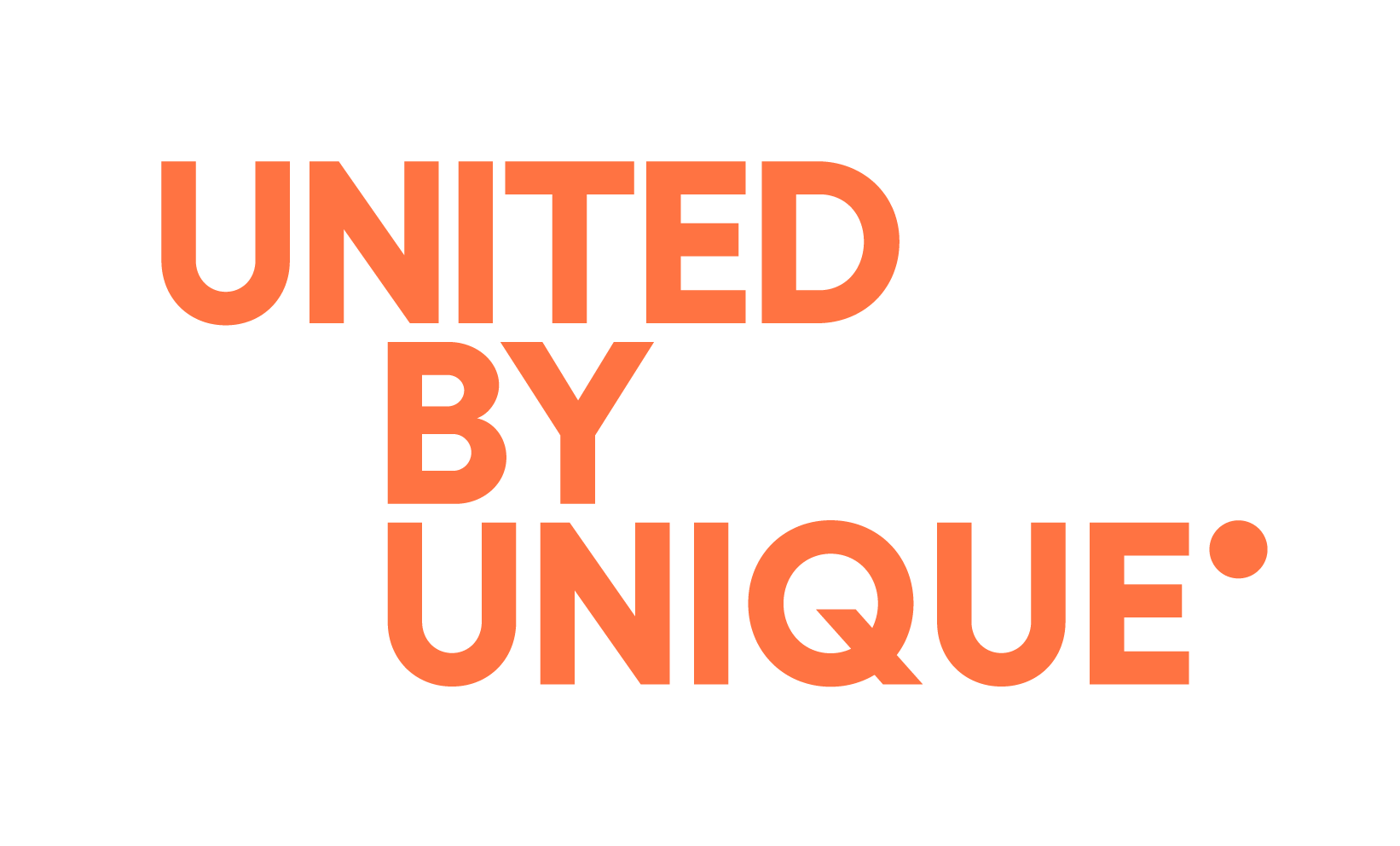
Collections calling for submissions
Scientific Reports is inviting researchers to submit their manuscripts for collections on inflammation and metastasis, triple-negative breast cancer and pediatric cancers.
BMC Biology has open calls for papers on stem cells and cancer, ferroptosis, aging microenvironment and disease and immunosenescence.
In other journals there are also open calls for content on the interruption of amino acids supply as an anti-tumor strategy, the oncobiome, Phase I clinical trials, and the implementation of cancer strategies in primary care.
ISRCTN clinical study registry
Among the many cancer clinical trials registered at the ISRCTN registry in 2024, highlights include the NHS Cancer Vaccine Launch Pad, an observational cohort study which aims to speed up the development of personalised cancer vaccines. The ExPeL study is looking at whether a device that detects hydrogen peroxide in exhaled breath can be used for early detection of lung cancer. The KETO-Lung study aims to find out whether following a ketogenic diet enables chemotherapy and immunotherapy to work more effectively in patients with lung cancer.
Springer Nature Research Communities
To find insightful blog posts related to World Cancer Day, you can explore the Springer Nature Research Communities website, particularly the Cancer Community. This platform hosts a variety of articles and discussions from experts in the field, with recent posts discussing the expression of cuproplasia-related genes in cancer patients and the PICCOS trial of experimental spray chemotherapy. You can also watch a recent seminar from the SN Oncology Webinar Series on the public engagement project Radiation Reveal. Use the search function on the website to discover relevant content and stay informed about the latest developments and initiatives.
Conclusion
If you want to get involved in World Cancer Day this year you can visit the UICC’s official website, read their how to guides on how to be an advocate, fundraise, organise an event and reach out to the media, and also access their social media resources.
Follow the Topic
-
BMC Global and Public Health

An open access, transparent peer review journal publishing outstanding and influential research and opinion of broad interest to all professional communities involved in global and public health research, policy-making, implementation and delivery worldwide.
-
BMC Medicine

This journal publishes outstanding and influential research in all areas of clinical practice, translational medicine, medical and health advances, public health, global health, policy, and general topics of interest to the biomedical and sociomedical professional communities.
-
Scientific Reports

An open access journal publishing original research from across all areas of the natural sciences, psychology, medicine and engineering.
-
Implementation Science Communications

An official companion journal to Implementation Science and a forum to publish research relevant to the systematic study of approaches to foster uptake of evidence based practices and policies that affect health care delivery and health outcomes, in clinical, organizational, or policy contexts.
-
ISRCTN: The UK’s Clinical Study Registry

A primary clinical trial registry recognised by WHO and ICMJE that accepts studies involving human subjects or populations with outcome measures assessing effects on human health and well-being, including studies in healthcare, social care, education, workplace safety and economic development.
-
British Dental Journal
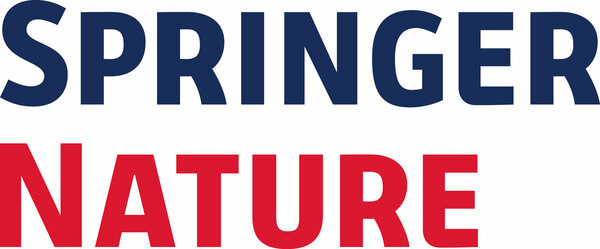
This is an international, peer-reviewed journal for the dental community, published by Springer Nature on behalf of the British Dental Association.
-
European Archives of Oto-Rhino-Laryngology

This is a distinguished international journal that publishes original clinical reports and clinically relevant experimental studies, as well as short communications presenting new results of interest in all specialties of Oto-Rhino-Laryngology and Head & Neck.
-
BMC Biology

This is an open access journal publishing outstanding research in all areas of biology, with a publication policy that combines selection for broad interest and importance with a commitment to serving authors well.
-
Biology Direct

Biology Direct is an open-access, peer-reviewed journal covering biochemistry, genetics, cell, molecular, and computational biology. It emphasises translational and applied research, offering a forum for biotech and pharma. It ensures rapid publication of quality papers, reviews, and discussions.
-
Biological Procedures Online

Biological Procedures Online publishes articles that enhance access to techniques and improve basic understanding of medical and biological sciences. Interests include research discoveries in technology development, animal models of human diseases, and cancer biology and therapeutic approaches.
-
Breast Cancer Research

This journal provides the surgeon, radiotherapist, medical oncologist, endocrinologist, epidemiologist, immunologist or cell biologist investigating problems in breast cancer a single forum for communication.
-
Molecular Cancer

This journal promotes the exchange of ideas, concepts and findings in any area of cancer and related biomedical science, from a molecular point of view.
-
World Journal of Surgical Oncology

This journal publishes articles related to surgical oncology and its allied subjects, such as epidemiology, cancer research, biomarkers, prevention, pathology, radiology, cancer treatment, clinical trials, multimodality treatment and molecular biology.
-
Cardio-Oncology

This is an international, open access journal that strives to publish original, important, valid, peer-reviewed articles on a diverse range of medical topics related to cardiovascular effects of cancer treatments.
-
Journal of the Egyptian National Cancer Institute

As the official publication of the National Cancer Institute, Cairo University, this is an open access peer-reviewed journal that publishes on the latest innovations in oncology and thereby, providing academics and clinicians a leading research platform.
-
Hereditas

Hereditas publishes original cutting-edge research and reviews. The journal welcomes research from across all areas of human, plant, animal and microbial genetics and epigenetics. Topics of interest also include cancer genetics, cancer biology, non-coding RNA, Data Mining, and Genome Technology.
-
Human Genetics

This is a leading international journal dedicated to publishing high-quality research in all areas of human genetics.
-
Radiation and Environmental Biophysics

This journal is devoted to fundamental and applied issues in radiation research and biophysics.
Related Collections
With Collections, you can get published faster and increase your visibility.
Obesity
Publishing Model: Hybrid
Deadline: Apr 24, 2026
Small RNA structure and regulation
BMC Biology is calling for submissions for the Collection on small RNA structure and regulation. Small RNAs, including microRNAs (miRNAs), small interfering RNAs (siRNAs), piwi interacting small RNAs and tRNA-derived small RNAs are crucial regulators of gene expression in a variety of biological processes. These short, non-coding RNAs play a significant role in transcriptional and post-transcriptional regulation, influencing pathways that govern development, differentiation, and cellular responses to environmental stimuli. As they are involved in the modulation of gene silencing and regulatory networks, understanding their structure and function is essential for elucidating their contributions to cellular homeostasis, host-microbe interactions, and disease.
Research in small RNA biology has made significant strides in recent years, unraveling the complexities of small RNA pathways, their biogenesis and their regulatory functions across different species. Advances in multiple cutting-edge technologies, including high-throughput sequencing, massively parallel enzymatic assays, Cryo-EM, and computational tools such as artificial intelligence, have facilitated the identification and characterization of novel small RNAs across diverse organisms. These technologies have also enabled the exploration of detailed and exciting mechanisms of small RNA pathways at cellular, molecular, and atomic levels on a large scale. Furthermore, studies on miRNA functions in various cellular and organismal contexts have deepened our understanding of their roles in health and disease. These developments underscore the importance of continued research into small RNA mechanisms to unlock their therapeutic potential.
As research in this field progresses, we anticipate breakthroughs that could revolutionize our understanding of regulation of gene expression involving small RNAs. Future studies may uncover novel small RNA species, elucidate their roles in complex regulatory networks, and inform innovative therapeutic strategies for diseases linked to dysregulated small RNA pathways.
Potential topics for submission include, but are not limited to:
Mechanisms of small RNAs biogenesis
Structural insights into small RNAs
Epigenetic modifications regulating small RNAs
Functional genomics of small RNAs
Roles of RNA-binding proteins in shaping small RNA function
Mechanisms of miRNA and siRNA regulation
Cross-talk between different small RNA pathways
Gene expression regulatory networks involving small RNAs
Advanced methods for small RNA sequencing, analysis and gene target prediction
Extracellular small RNAs: secretion mechanisms and potential functions
Therapeutic potential and applications of small RNA
All manuscripts submitted to this journal, including those submitted to collections and special issues, are assessed in line with our editorial policies and the journal’s peer review process. Reviewers and editors are required to declare competing interests and can be excluded from the peer review process if a competing interest exists.
Publishing Model: Open Access
Deadline: Apr 04, 2026
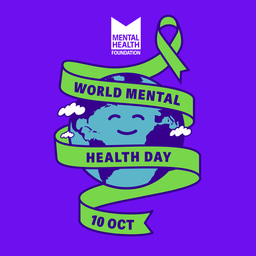
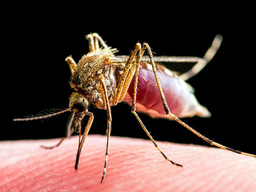

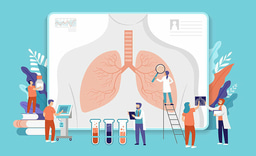
Please sign in or register for FREE
If you are a registered user on Research Communities by Springer Nature, please sign in